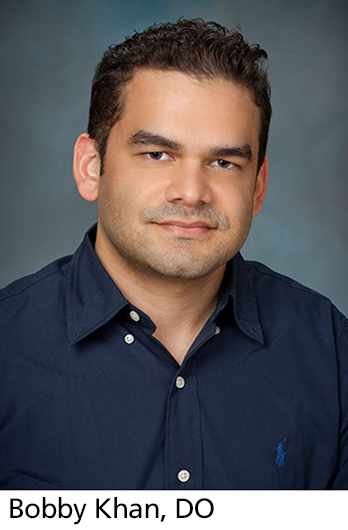CBD is short for cannabidiol, a non-psychoactive compound found in the cannabis plant and one of the two main components in marijuana. Unlike the other component in marijuana – the psychoactive substance tetrahydrocannabinol – cannabidiol does not produce a “high.”
There is, however, some evidence that when CBD is used in supplements, beauty products and wellness goods it may be able to treat or even cure a whole host of maladies.
CBD is most common in oil form, and can placed under the tongue with a dropper, sprayed directly into the mouth or inhaled via vape pen. It has its fair share of noteworthy supporters including singer Melissa Etheridge, actor Morgan Freeman and UFC fighter Nate Diaz. The latter once conducted a post-fight interview on live television while smoking CBD from a vape pen.
Dozens of studies have found evidence to support the use of CBD to relieve pain, inflammation, stress, anxiety and insomnia. It has also shown to be effective as an anti-convulsant for epilepsy.
 But is CBD really a miracle drug that can be the cure to so many different ailments? Unfortunately, there is not yet a “yes” or “no” answer, according to Shortsville Family Practice primary care doctor Bobby Khan, who has witnessed some patients benefit greatly from CBD while others report no change in their conditions.
But is CBD really a miracle drug that can be the cure to so many different ailments? Unfortunately, there is not yet a “yes” or “no” answer, according to Shortsville Family Practice primary care doctor Bobby Khan, who has witnessed some patients benefit greatly from CBD while others report no change in their conditions.
“I would say roughly 40 percent of the patients [I observed] reported improvements to their chronic pain or anxiety after using CBD,” Khan says. “The remainder usually report no change, but I have not heard anyone complain of negative health effects, thus far.”
Khan said his observations over the last year are similar to what his colleagues have seen.
“I have attended some lectures at a medical conference on the topic of CBD and there seemed to be a similarly equivocal message that it could be positive in some or not make for much change in others,” he says.
While CBD usage is becoming much more commonly used and is available without a prescription, it remains a bit controversial. It has not been approved by the FDA, which considers CBD oil to be an investigative new drug and not a supplement. As it is not tightly regulated, it is up to manufacturers to ensure the content labels on products are truthful and accurate.
Despite its lack of approval from the FDA, Khan says that should not deter patients from trying CBD, while exercising precautions.
“I don’t think they should be concerned that the FDA has not specially approved CBD for particular uses yet,” he says. “I tell [patients] to try it out as long as it is properly sourced, meaning made in the USA and organic to ensure its quality. I usually say it is worth trying out, and at this point the only downside I see is they may waste some money.”
It is important to note the World Health Organization recently concluded CBD is safe and has numerous health benefits. As of 2018, Olympic athletes are permitted to use CBD and not be subject to disqualification.
CBD oil for oral ingestion and vaping may be the most commonly used, but there are several other forms including creams, lotions and ointments. CBD is often infused with complementary ingredients to alleviate pain and inflammation.
One concern with using CBD is how it may react in combination with other medications. There is some thought when CBD is used with sedative and sleep aids that it may enhance their effects.
Cost, as Khan notes, is also a concern. Clinical studies with CBD typically use 1,000 milligrams per day, and each 5 milligrams of CBD can cost up to $1.
Despite any potential drawbacks, Khan believes CBD to be more positive than negative. He did, however, mention the jury is still out.
“It’s is still a new item in the medicine world and we are still learning new things as time goes along, so some of these viewpoints may change depending on what I see,” he says.
By Michael Gilbert